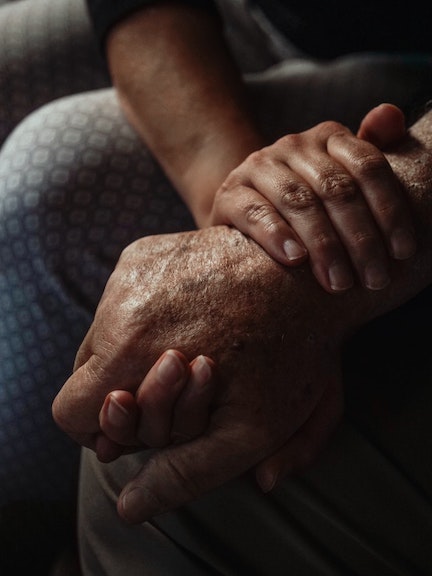Oculopharyngeal muscular dystrophy or OPMD is a rare genetic disorder that is characterized by muscle weakness. Symptoms usually manifest in adulthood (between 40 and 60 years old) and slowly progresses.
At the onset, people with OPMD find it difficult to keep their eyes open due to muscle weakness in their upper eyelids. Swallowing food, especially dry ones, can also be a challenge. As the disease progresses, even liquid food can be hard to swallow as well.
Later on, other parts of the body become affected such as the neck, shoulders, and upper legs and arms.
But aside from the physical symptoms, OPMD also affects patients’ social life. Even if this disorder progresses slowly, even those at the beginning of their disease journey still have to manage their symptoms. Some of these symptoms management techniques can be taxing, making patients avoid socializing altogether.
Needless to say, patients with OPMD would benefit from the understanding their relatives, co-workers, and friends can extend.
Below are some of the things other people should know and can do to help their friend or relative living with OPMD:
- OPMD patients are prone to choking that’s why they have to be very careful when eating. This may cause them to take a while to finish their food. It would be nice if their friends can take this into consideration when eating out with them. They might want to allot more time for lunch than usual, for instance. If possible, eating a bit slowly would be awesome so that they won’t feel they have to rush or keep up with the rest.
- When preparing food and you have a guest with OPMD, you might want to include meals that are easier to eat such as those with smaller pieces or those in thick liquid form. But since every patient’s condition can be at a certain degree of severity, it might help to check with them about food preferences. Or if possible, you may allow them to bring their preferred food with them.
- Making noises while eating usually catches other people’s attention. But while it is considered by others as inappropriate, it should be noted that people living with OPMD may create some noise while trying to remove food stuck in their throat. They’re not being disrespectful or inconsiderate, it’s just something they have to do to manage their symptoms.
- OPMD may cause fatigue even to those who are still in the early stages of living with the disease. People with this condition may decline an invitation to go out because they are too tired. Or sometimes they might appear to be resting too much. It might help if those around them can understand that they are not being lazy or anti-social. They are just dealing with the fatigue that comes with their condition.
- People suffering from OPMD, especially those whose condition has already progressed, may have difficulty taking the stairs. This is also something friends may want to take note of when hosting an event or a party. They might want to choose a venue where guests won’t have to climb steps to get in, have handrails, or can be accessed by a wheelchair if needed.
- Becoming familiar with the experiences of other OPMD patients and their caregivers can provide insights that may help relatives better care for their loved one. One way to do this is by joining online support communities like the Living With Oculopharyngeal Muscular Dystrophy. Here, members post stories as well as questions that other patients answer. These then enable friends and relatives of OPMD patients to have an idea what their loved one is going through which allows them to respond in the most appropriate way.
- Being in touch with other people living with OPMD can make a huge difference in the patient’s life. There’s no substitute for talking with someone who is also experiencing the same thing as they are. Encourage your friend or family member to join the Living With Oculopharyngeal Muscular Dystrophy community so that they can find other people who completely understand what they’re going through.
Managing the symptoms of a chronic condition itself is already difficult. Dealing with the disease’s impact on the person’s social life definitely does not make things easier. Those who have friends or loved ones living with OPMD can help in little ways by understanding the disease and doing what they can.


